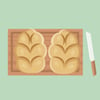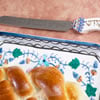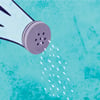-
The Flour: Challah is separated when the dough is made of one or more of the following five grains: wheat, rye, barley, oat or spelt.
-
The Liquid: Any liquid content of the dough qualifies to require separating Challah (e.g. water, oil, juice, eggs etc.). However, in order to definitely be able to recite the blessing, some of the liquid content should be water. Therefore, when baking a recipe that does not call for water, it is advisable to nevertheless add a little water into the mix.
-
The Dough: Challah is not separated from some loose batters and sweet pastries (as opposed to a heavy batter/dough, like that of bread or babka).. Therefore, when baking cakes and pastries in quantities large enough to warrant challah being taken, consult with a competent rabbinic authority.
-
The Quantity: In order to separate challah and recite the blessing, the dough should contain at least 59 ounces of flour (i.e. 3 lbs. 11 oz., or 1 and 2/3 kilograms). If the amount of flour is between 43 and 59 ounces (1.230 to 1.666 kilograms), challah should be separated without a blessing. But if the dough contains less than 43 ounces of flour, challah is not separated.














Join the Discussion